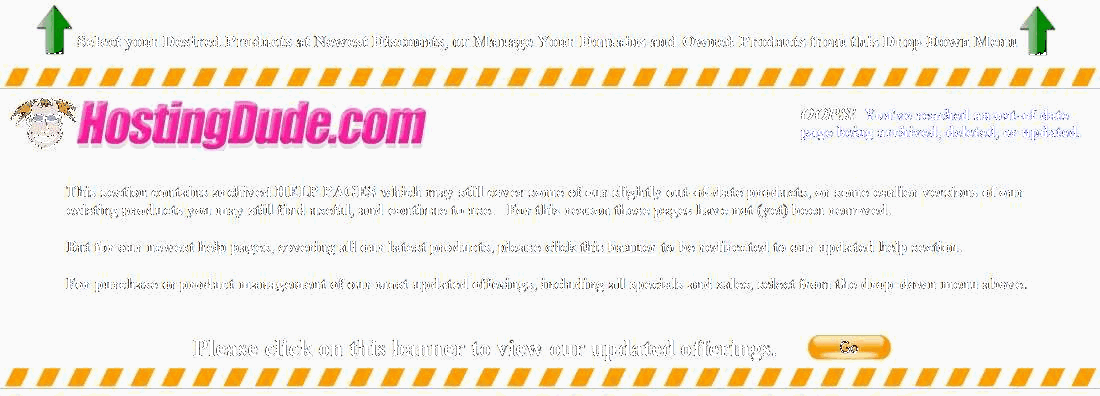What are keywords and why do I need them?
Search engines use keywords when they include your website in their search results. Keywords can make or break your search engine ranking. Adding keywords to the content of your website can improve its ranking, but overusing them can cause your site to be banned for spamming.
When identifying keywords, select words and phrases in the content of your website that someone is most likely to use when searching for your online business or website.
Each of your Web pages should have keywords that include phrases found throughout the page content, title tag, headings, attributes, and link text. If you have words and phrases that occur often, rearrange the order to keep each tag unique. We don't recommend using the same string of keywords on all of your pages because it could hamper your SEO.
You can use the Keyword Ranking report in Search Engine Visibility to see where your site ranks on search engines for specific keyword searches. Search Engine Visibility shows you the ranking information for saved keywords on your home page keywords, as well as keywords shared throughout the site.
See these articles for further information on defining and generating keywords for your website:
Using the Generate Keywords Tool in Search Engine Visibility
What can I do if a keyword search returns zero results?
Here are answers to some common questions about keywords:
What are keyword meta tags?
You have up to 200 characters to indicate important and descriptive words and phrases found on each of your Web pages. Each keyword or phrase should be separated by a comma. The keywords used here should match those you chose to work with as a main theme of the Web page. Each keyword or phrase used in the tag must exist on the associated Web page. If they don't, many search engines will eliminate you for spamming.
TIP: If you use Search Engine Visibility, you can define up to 15 keywords or phrases for each Web page.
How many keywords can I use?
When referring to keywords or phrases in your website's content, there is no limit. A good rule of thumb is to target five to 10 words or phrases that have a high search volume and best represent your Web page content. Then, be sure to use these words and phrases frequently and relevantly on your Web pages.
What is search volume?
Search volume is the estimated number of times a keyword or phrase is used in Web searches on all search engines. The number is typically provided for a specific period of time such as an hour, day, or month.
What is keyword density?
Search engines use keyword density to determine the relevance of a Web page to a keyword search. Keyword density refers to the percentage of times keywords are used within the total indexable words on a Web page. For example, if a keyword occurs three times on a Web page with 100 words, then the keyword density is 3 percent.
While each search engine's preferred keyword density differs, it is best practice to make sure it is high enough for the keyword(s) to stand out as a major topic of the page, but not high enough that the search engine thinks it's spam. For more information, see What is keyword stuffing?
What is keyword stuffing?
Keyword stuffing is the process of overloading a Web page with repetitive keywords in an attempt to gain visibility and ranking in search engine results. However, search engines penalize sites caught stuffing keywords, so we recommend against it.
Choose your keywords and their placement carefully to avoid stuffing.





